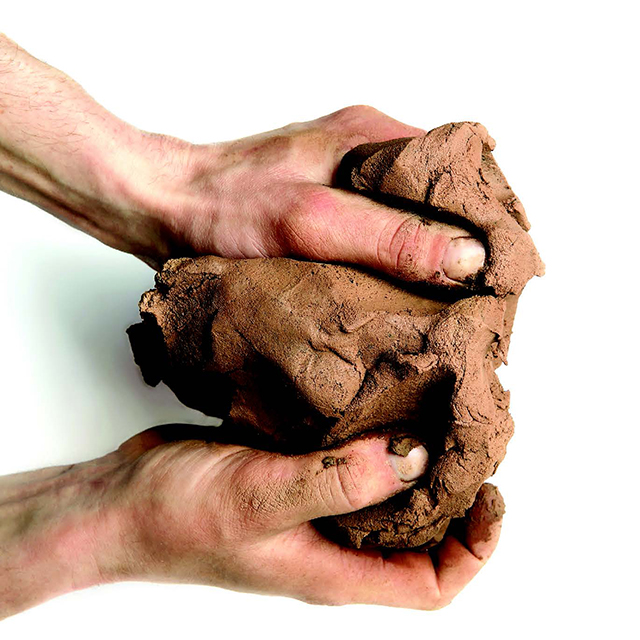Essential Ceramics
Ceramic Roadmap
TO 2050
Today, our industry continues to manufacture cost-effective items that last a lifetime, delivering value to consumers and industries alike.
Ceramics – a unique sector, unique products with exceptional performance in many areas.
Heat & fire resistance
Ceramics can withstand very high temperatures but are poor conductors of heat, factors that give them qualities of resistance and stability. Not only do ceramics contribute to fire safety in buildings but they are also used in many industries where high heat is essential for production, from steel to glass. Conventional ceramics are well known for their resistance to heat, being fired in kilns at temperatures well beyond 1000°C, but coarse ceramics used in industrial applications are even more heat-resistant.
Insulating/thermal properties
Fired clay is naturally insulating. This quality, combined with a judicious design of the cells (honeycomb), means that clay wall bricks are perfectly suited to the new energy performance requirements of the building sector. In addition, the high inertia of these bricks, by offering a regulation of the interior temperature whatever the season, plays a determining role in thermal comfort.
Durability and strength
Ceramic products can last thousands of years – you only have to look at a Roman aqueduct or a Grecian urn to appreciate the amazing strength and longevity of ceramics. Today, our industry continues to manufacture cost-effective items that last a lifetime, delivering value to consumers and industries alike. Ceramics can also be recycled easily, reducing waste streams and contributing to the circular economy.
Safety
Ceramics are safe products, and the industry’s many operators throughout the supply chain adhere rigorously to the highest health and safety standards. As a result, the ceramic industry in Europe has an enviable health and safety record compared to similar industries, and the customers who buy European ceramic products can be assured that they are tested to the highest safety standards. For example, ceramic tableware and porcelain comply with European legislation on food contact materials, guaranteeing consumers health and safety.
Creativity
Europe’s ceramics companies are at the forefront of new technological developments in the sector – in manufacturing, design and marketing. It is this creative capacity that continues to facilitate Cerame-Unie members’ entry into new markets beyond the EU. And with this creativity comes a rigorous commitment to quality, recognised worldwide.
Hygiene
Ceramic products are inert and do not emit substances in the indoor environment, preserving indoor air quality. They also contribute to hygiene thanks to their ease of cleaning. After each use, a simple washing in a dishwasher sanitises all ceramic and porcelain products for the table and catering industry. Moreover, certain ceramic tiles have antibacterial properties.
Versatility
Cerame-Unie members’ versatility is clear from our commitment to innovation. We make ceramic products from the simplest teacup to the most sophisticated capacitator. The industry is as versatile as clay itself. Creative and versatile ceramic products strengthen the resilience of this industry.
Affordability
Not every ceramic product is as expensive as a Ming vase! In fact, the European ceramic industry prides itself on creating accessible, affordable products that offer a lifetime of value, whether for the consumer market and affordable housing or for hi-tech applications.
Ceramics & COVID-19
Like many industries, the ceramic sector has been hit hard by the Covid-19 pandemic and its effects. Cerame-Unie’s members, have, as far as possible, continued to maintain production and secure as many jobs as possible throughout the value chain. Our products have played a key role in limiting the spread of viruses and bacteria by providing inert surfaces, such as wall and floor tiles, that are easy to disinfect. Ceramics are also extensively used in a wide range of medical technology, such as respirators.


